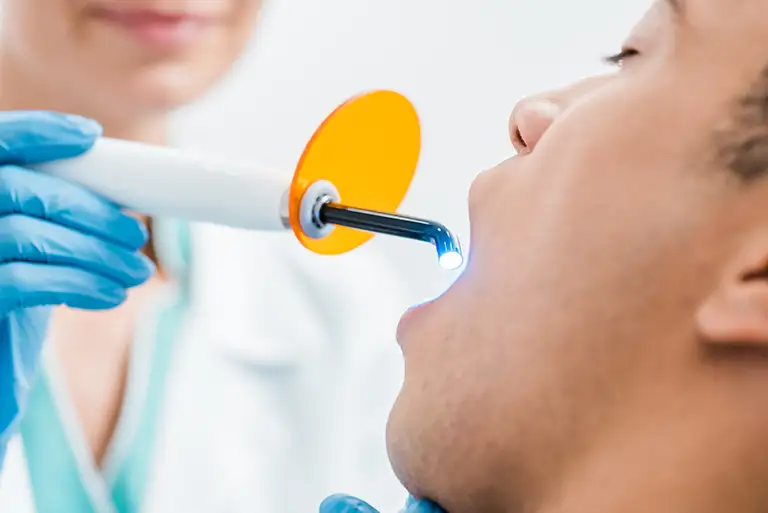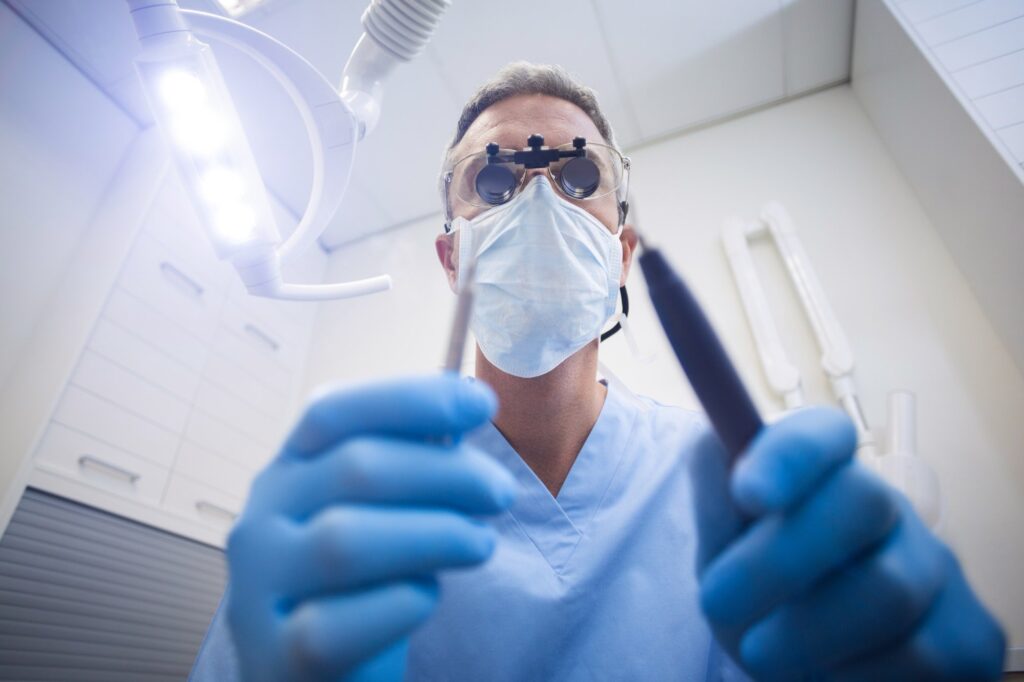Understanding Fluoride Treatments
Fluoride treatments are a key component of modern dental care, designed to strengthen enamel and prevent cavities. The process involves applying fluoride in various forms, such as varnishes, gels, or rinses, directly to the teeth in a professional setting. This method offers a higher concentration of fluoride than what is available in over-the-counter products, ensuring effective protection against tooth decay. Understanding the specifics of each treatment type can help patients make informed decisions about their oral health. For example, fluoride varnish is applied as a sticky substance that hardens upon contact with saliva, providing long-lasting protection. In contrast, fluoride gel, which forms a thick coating, requires patients to refrain from eating or drinking for a period to maximize absorption. These treatments are particularly beneficial for children, as their developing teeth are more susceptible to decay, but adults can also reap significant benefits. By enhancing enamel resistance, fluoride treatments reduce the risk of cavities and sensitivity, leading to healthier, more resilient teeth.
Consequences of Eating After Treatment
Eating immediately after a fluoride treatment can significantly diminish its effectiveness, as certain foods and drinks can strip away the fluoride before it is fully absorbed. This is particularly true for acidic or sugary foods, which can compromise the protective barrier fluoride forms on the teeth. For instance, consuming citrus fruits or sugary beverages might lead to increased enamel erosion and sensitivity, undermining the treatment’s benefits. Understanding these consequences helps patients avoid behaviors that could negate the positive effects of fluoride. Moreover, it’s crucial to avoid spicy foods and drinks with extreme temperatures, as they can disrupt the fluoride application and cause discomfort. Dental professionals recommend waiting at least 30 minutes before eating to ensure optimal fluoride uptake. This waiting period allows the fluoride to penetrate deeper into the tooth enamel, offering longer-lasting protection. Patients looking for additional strategies to protect their teeth might consider reading about the importance of regular dental cleanings, which can further enhance fluoride’s benefits.
What Can I Eat After Fluoride Treatment?
Do’s
- Soft Foods: Foods like bananas, yogurt, and soft veggies are gentle on teeth. They reduce the risk of damaging the treated surfaces.
- Liquid Foods: Soups and smoothies are good options because they are easy to consume and provide nutrition without stressing teeth.
- Water: Staying hydrated with room-temperature water is beneficial. It helps wash away any residual treatment material gently.
- Non-Acidic Fruits: Fruits like apples and pears are less likely to affect the concentration of the treatment. Choose these fruits to avoid any adverse reactions.
- Cold Liquids: In moderation, slightly chilled beverages can be soothing. They provide relief without shocking the treated areas.
Don’ts
- Hot Foods: Avoid hot soups, coffee, and teas to prevent irritation. High temperatures can also disrupt the treatment’s adherence.
- Sugary Beverages: Stay away from sodas and juices that can cause frequent cavities. These drinks can feed bacteria and worsen dental health.
- Spicy Foods: It’s best to skip spicy dishes to reduce the chance of discomfort. Spices can cause sensitivity and irritation to the treated areas.
- Acidic Foods: Citrus fruits and vinegar-based foods should be avoided. They can erode enamel and lessen the treatment’s effectiveness.
- Cold Temperatures: Extra-cold drinks and frozen foods should be consumed sparingly. Extreme cold can increase tooth sensitivity and impact healing.
Advanced Fluoride Treatments at Casey Dental
Casey Dental offers advanced fluoride treatments tailored to meet the unique needs of each patient. By utilizing cutting-edge dental technology, our team ensures that each application is precise and effective. Whether you’re new to fluoride treatments or seeking to enhance your current dental regimen, our experienced professionals provide personalized care to optimize your oral health. Our fluoride treatments are designed to work seamlessly with other preventive measures, such as regular cleanings and exams, to deliver comprehensive dental care. By choosing Casey Dental, you benefit from a holistic approach that prioritizes both immediate and long-term oral health outcomes. We understand the importance of tailored care, and our team is dedicated to ensuring that each patient receives the attention and expertise they deserve.
Maximize Your Dental Health
Maximizing dental health goes beyond fluoride treatments; it involves a commitment to consistent care and informed choices. At Casey Dental, we empower patients with knowledge and tools to maintain healthy smiles for life. From understanding the nuances of fluoride applications to adopting best practices in daily oral hygiene, our goal is to support your dental journey. To further explore comprehensive dental solutions, consider reading about how to prepare for dental appointments after a long break. By leveraging expert advice and innovative treatments, you can navigate your dental care with confidence. Remember, regular check-ups and open communication with your dentist are key components of effective oral health management. By staying proactive and informed, you can prevent common dental issues and enjoy a lifetime of healthy smiles.
Frequently Asked Questions
Can I eat immediately after a fluoride treatment?
It is recommended to wait at least 30 minutes before eating to allow the fluoride to be fully absorbed for maximum effectiveness.
What foods should I avoid after a fluoride treatment?
Avoid acidic, sugary, and spicy foods, as well as extreme temperature foods, to prevent interference with fluoride absorption.
Why is fluoride important for dental health?
Fluoride strengthens tooth enamel, reduces the risk of cavities, and decreases tooth sensitivity, making it essential for maintaining oral health.
Are there any alternatives to professional fluoride treatments?
While professional treatments offer higher concentrations, fluoride is also found in over-the-counter dental products and water supplies.


